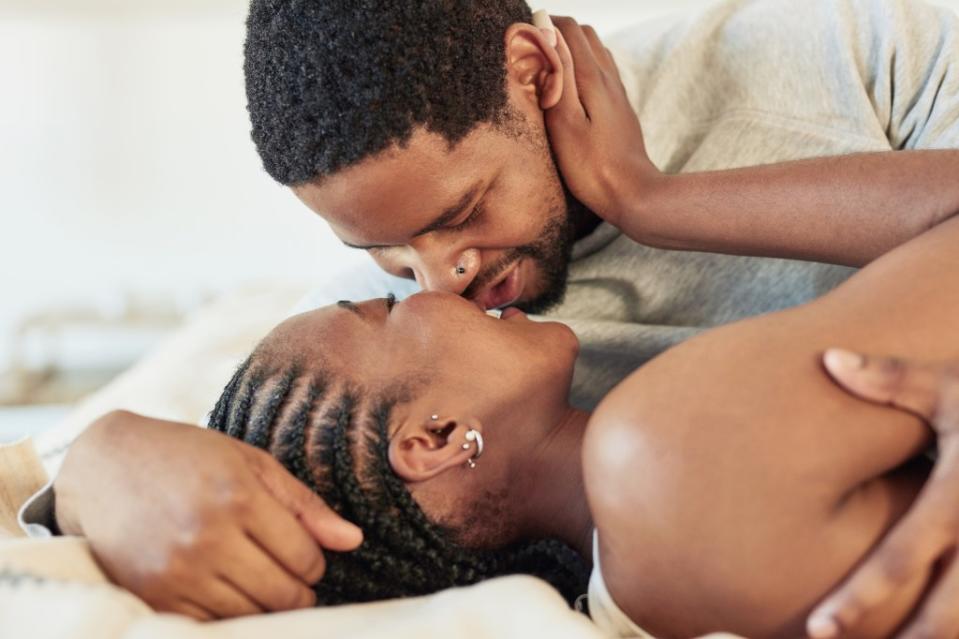The ‘3-month dating rule’ is real — here are the reasons why so many relationships only last that long

Good things come — and go — in threes.
If you’ve found yourself on the failing end of more than one promising relationship after 90 days of whirlwind romance, you’re not alone — and experts say there’s a perfectly good explanation as to why things tend to fizzle for so many, around this time.
The so-called curse of the “three-month rule” has long been hashed out over mimosas at brunch, not to mention hotly debated on social media, where posts dealing with the subject have gone wildly viral.

Turns out, the pros say, there’s a lot of common sense behind the phenomenon, also known as the “honeymoon phase.”
“Three months is a great timeframe to allow you to see a rough outline of who the person is,” Angelika Koch, a certified relationship and breakup expert with the dating app Taimi, explained to Bustle.
“It helps you to see if they are someone who plays games, has red flags, or genuinely wants a relationship.”
For many couples, they’ll have seen enough to know where things are heading — and for some, this rubber-meets-the-road moment will be the end.
“The beginning of relationships are often fun and exciting,” Vienna Pharaon, a marriage and family therapist and author of “The Origins of You”, told The Knot.

But it’s only a matter of time before people’s true intentions and quirks are revealed.
“There’s a slight fall from grace, if you will, that tends to happen once we’re no longer putting a person or the relationship up on a pedestal and existing with a narrative that says they can do no wrong.”
After the lavender haze wears off, being realistic about the connection and compatibility you have as a couple can help save you from heartbreak down the road.
Three months is more than just a relationship benchmark, too — according to research, it also happens to be about the average amount of time it takes for men and women to fall in love.
On average, men considered confessing love 69 days into a relationship, while women didn’t think about it until 77 days in, a study published in the SAGE Journal of Social and Personal Relationships revealed.

Turns out, many of us keep our feelings to ourselves — at least for a little while.
Men tended to wait an average of 107 days to say “I love you,” while women waited 122 days.

